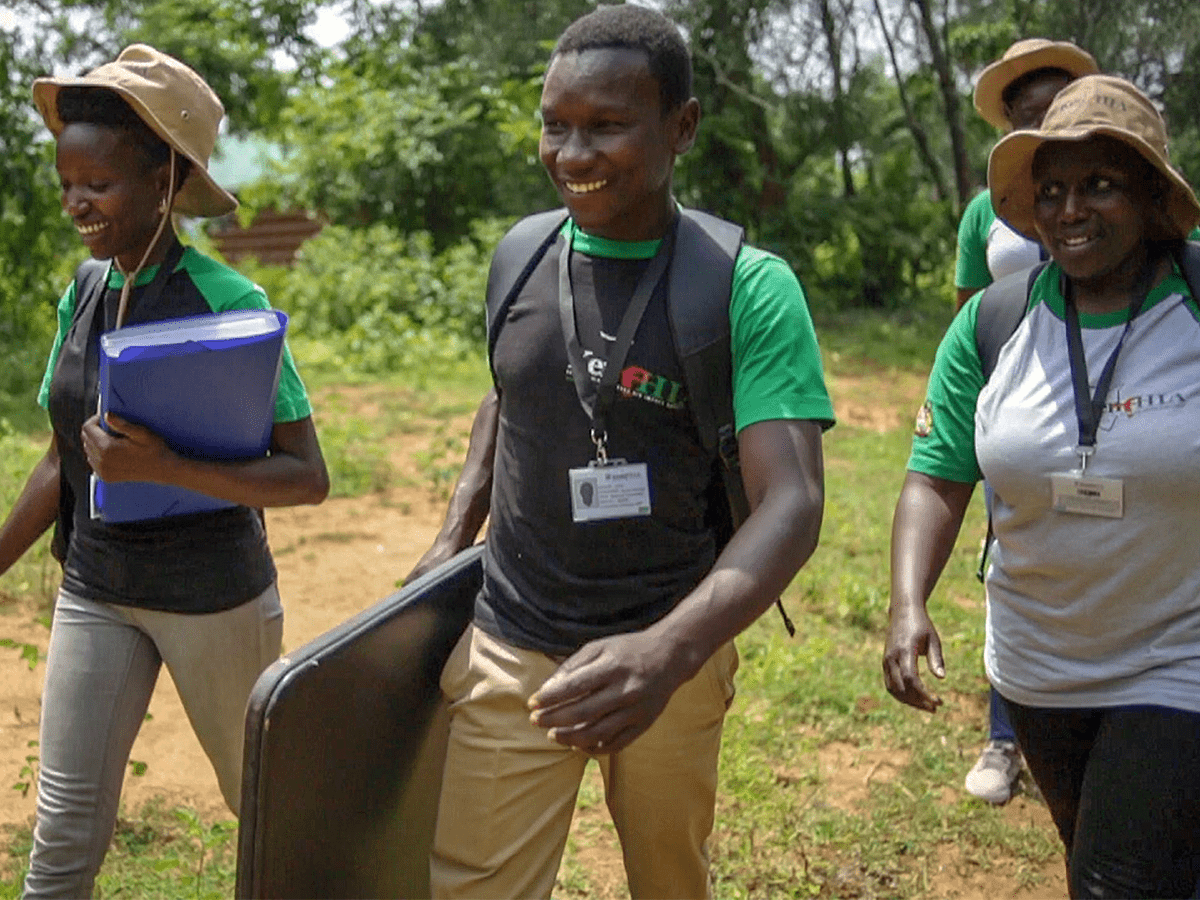Two ICAP videos won honors in the 7th Annual CUGH-Pulitzer Global Health Video Competition, held by the Colleges and Universities in Global Health (CUGH).
First place in the High Impact Programs Category went to the Population-based HIV Impact Assessment (PHIA) Project video. This video shows how the community-driven PHIA surveys are engaging entire countries to measure the current HIV response and inform approaches toward life-saving testing, treatment and care.
“When I have kids, I want that time to come when the incidence of HIV has really gone down, and I’m willing to do anything to make that happen”, says Dennis Onygo, a field lab technician for KENPHIA (the Kenya Population-based HIV Impact Assessment survey), who is featured in the video. “My stepdad had HIV. In my own way of grief, I could tell myself that one day I’d go do medicine. I saw it fit that I should join KENPHIA.”
An honorable mention in the same category went to ICAP’s Power of PrEP video from the Democratic Republic of Congo (DRC), which features a personal perspective from a male sex worker in Lubumbashi, DRC, about the protection and peace of mind that PrEP provides. This video is part of a series that includes stories from Nigeria and Kenya.
“I am a person at high risk of HIV and I can be exposed to it. I have different partners every day, but if he has HIV I wouldn’t know,” says the video’s protagonist. “I decided to take and commit to PrEP to protect myself from HIV. And today I am HIV negative.”
The awards were announced online following the cancellation of the CUGH annual meeting in Washington, DC, due to COVID-19.
A global health leader since 2003, ICAP was founded at Columbia University with one overarching goal: to improve the health of families and communities. Together with its partners—ministries of health, large multilaterals, health care providers, and patients—ICAP strives for a world where health is available to all. To date, ICAP has addressed major public health challenges and the needs of local health systems through 6,000 sites across more than 30 countries.








